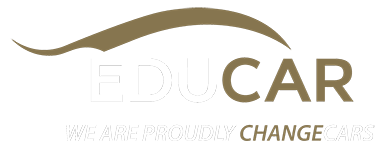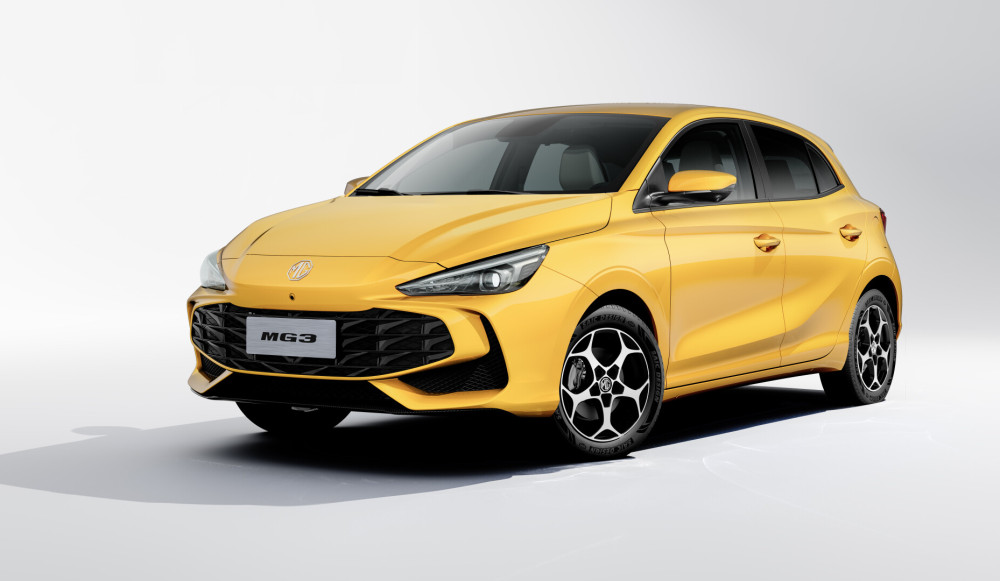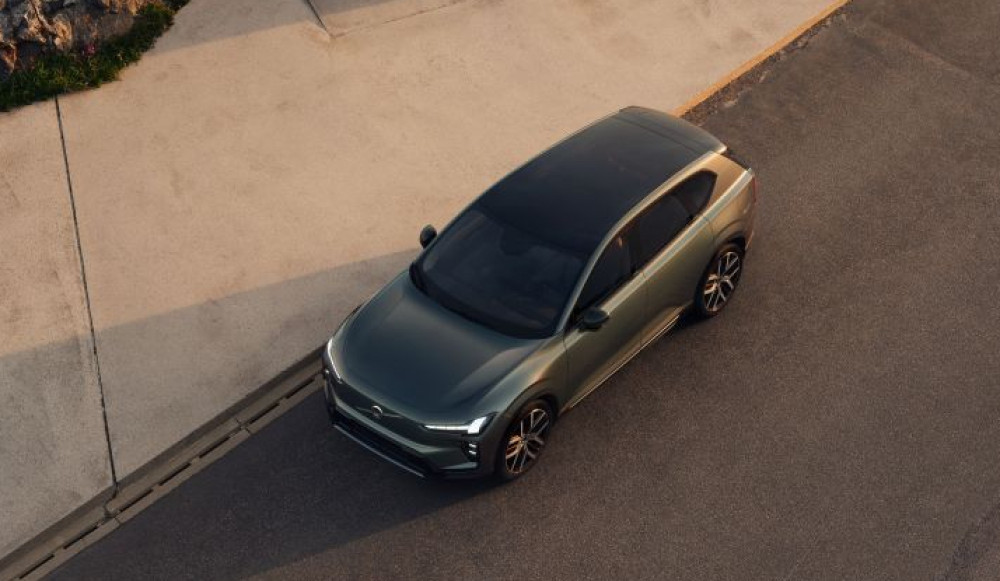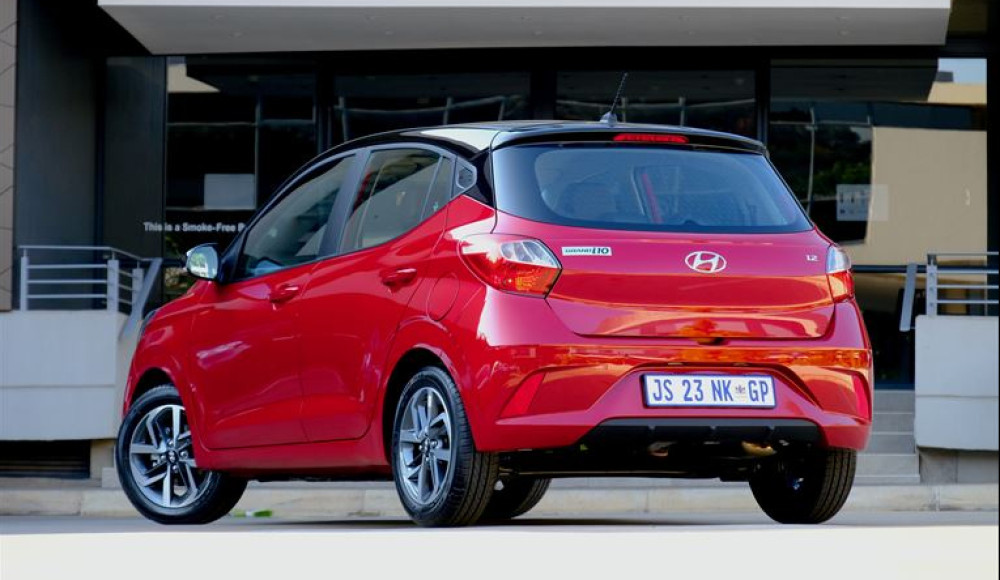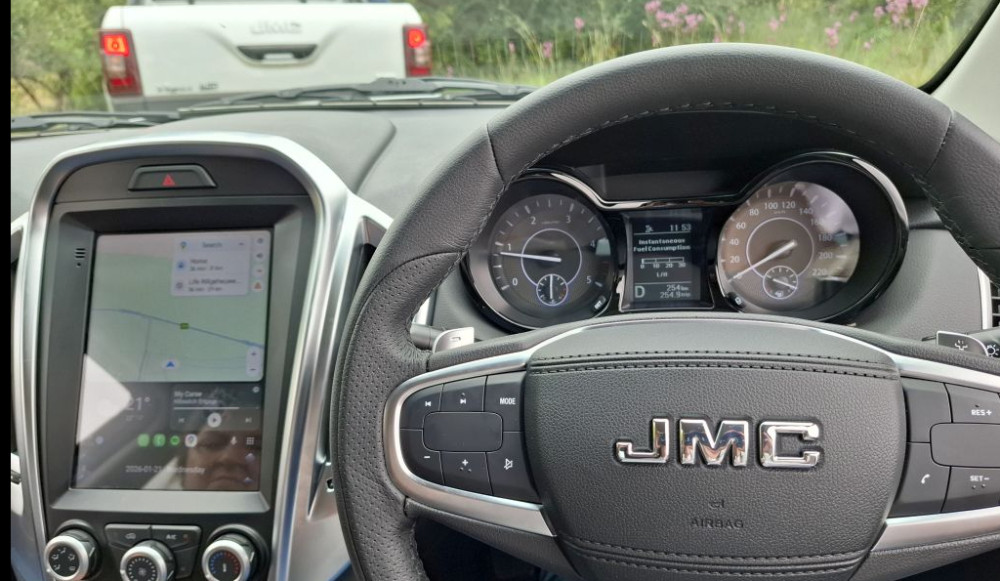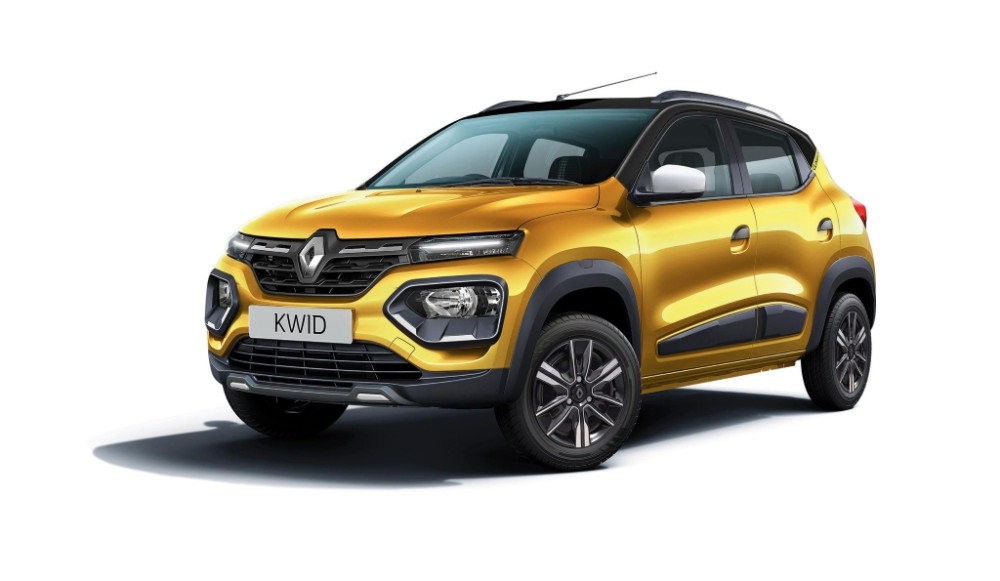South Africa’s automotive industry is facing significant pressure as a surge in vehicle imports, particularly from China, continues to outpace domestic sales of locally assembled cars. This challenging environment has led to factory closures and job losses across the sector.
According to the Minister of Trade, Industry and Competition, Parks Tau, the past two years have seen twelve automotive companies close their doors, resulting in approximately 4 000 workers losing their jobs. The sector has also been impacted by a sharp decline in vehicle exports to the United States. Following the imposition of a 30% tariff by Washington, shipments dropped by 73% in the first quarter of 2025, with the decline deepening to 80% by April and 85% in May.
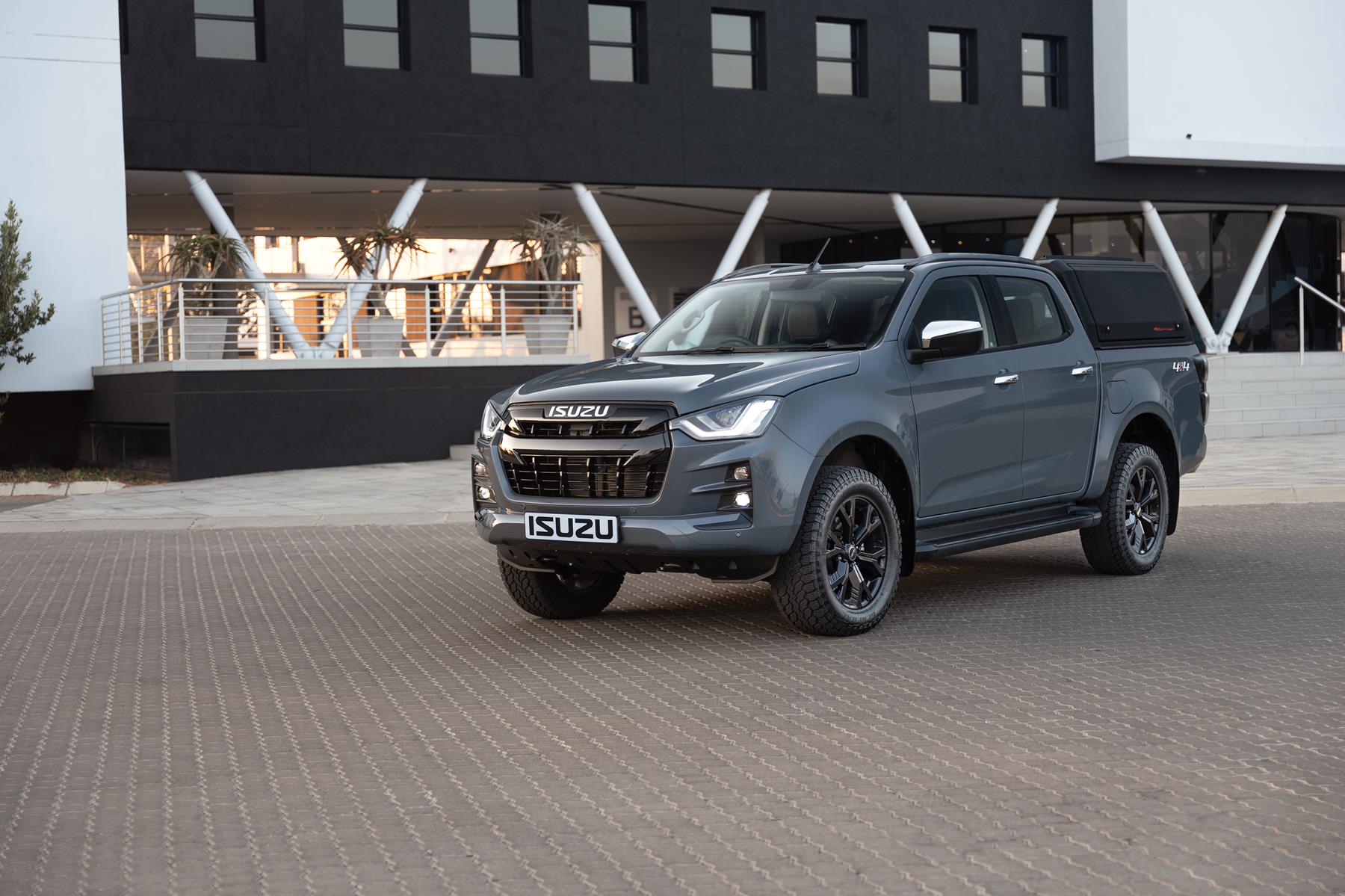
Starting or running a small business and in need of a bakkie – click here
Amid these pressures, Isuzu Motors South Africa is developing a strategy to establish itself as a central hub for truck manufacturing and exports for the African market. Chief executive Billy Tom confirmed that discussions are underway with its Japanese parent company to relocate more commercial truck production to its South African operations. The focus is on scaling up exports to West Africa.
A key component of Isuzu’s plan is to increase local content in its vehicles. The company has already raised the level of locally sourced parts from 15% six years ago to between 22% and 23% today, with a firm target of reaching 45%. While trials of locally built truck bodies are in progress, some components continue to be imported from China and the Middle East.
The company aims to build on its existing regional presence. It already exports pick-up trucks to more than 30 African countries and seeks to expand these volumes, leveraging South Africa’s role in its global supply chain. This strategy is viewed as a potential source of momentum for the local industry, with the aim of creating jobs and reinforcing the country’s position as a manufacturing centre.
This initiative may take advantage of the African Continental Free Trade Area, although the framework’s potential is still developing as fewer than half of the member states currently trade under its zero-tariff terms.
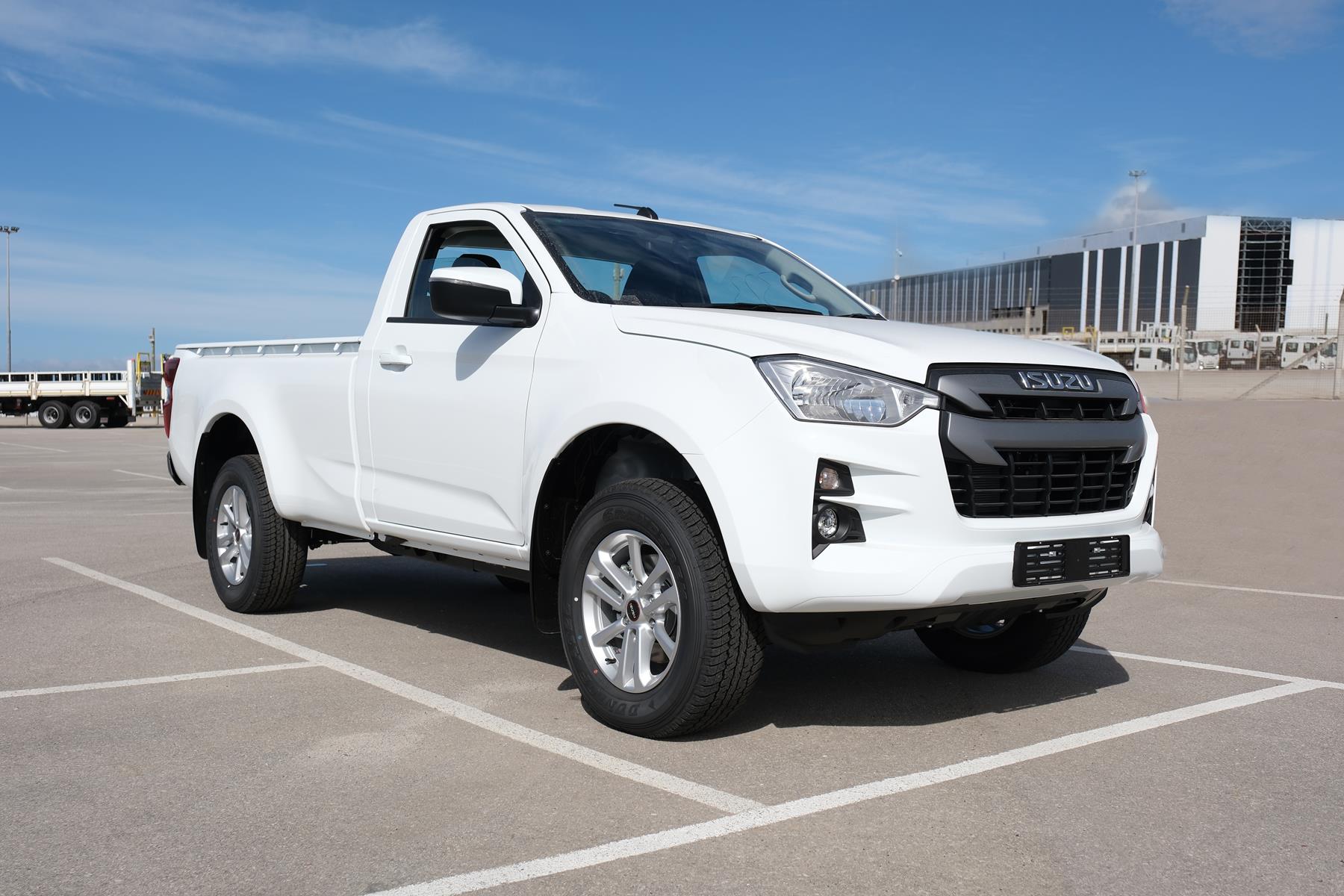
Lots to choose from in our Isuzu D-Max selection - click here
The broader industry context remains difficult. Minister Tau has noted that the country’s automotive masterplan, which targets 60% local content by 2035, has stalled at 39%. The plan also aims to increase annual vehicle production to between 1,3-million and 1,5-million units, a significant rise from the current output of around 600 000 vehicles.
With imports now accounting for some 64% of vehicles sold in South Africa, Minister Tau has indicated that his department will initiate a probe into the impact of these automotive imports on local production through the International Trade Administration Commission.
Colin Windell for Colin-on-Cars in association with
proudly CHANGECARS
